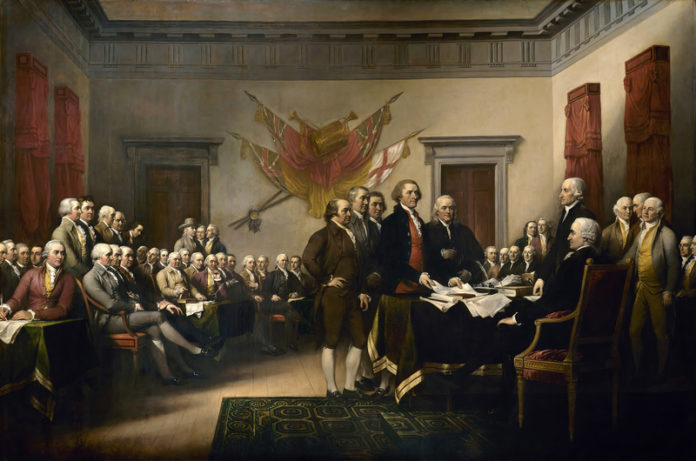Opinions expressed within are the property of their authors and do not necessarily reflect the opinion of any other member or the Tiger Town Observer itself.
In the interest of better understanding the true nature of American politics today, I turned to one of Clemson’s greatest resources on the inner workings of political discourse in Congress. Professor James Wallner offers a series of unique and insightful comments on the current state of American political discourse.
How would you define the nature of political discourse today?
JW: “I think it’s pretty crappy. I don’t think there is much political discourse. It’s just all around crappy.”
If you had to name a number one cause of that what would it be?
JW: “I’m a bit different than most people. I think there has been a shift in the way we think about politics. We used to think about politics as an activity in which people participate and government as an activity in which we govern ourselves. When you have that mentality, then you can see the different viewpoints people have when they don’t agree with each other and you can see the different things they do to persuade others of their viewpoint or restructure the system to get what they want. Whereas today it is a production process. Instead of seeing it as a place where activity occurs, we see it as a place where we build widgets. Suddenly, everything is rationalized to produce a widget, or an outcome. Everything is centered around the outcome. And then the rules go out the window, the need for interacting with people you disagree with goes out the window, it’s all about the widget. And this is what makes our Congress so frustrating, problematic, and crappy.”
Can you expand a little bit on how we can move away from this problem?
JW: “This is a bipartisan problem. When you think about it as a factory, the last thing you want is workers fighting on the factory floor. But fighting about what you want is a prerequisite of compromise and for some reason we see that as a bad thing. If you want Congress to do great things, they’ve got to fight about them first. The idea that conflict is unproductive is the reason why Congress is so crappy right now.”
What do you think is the best way to educate people about politics? How do you think we should educate people in a way that is going to make Congress not-so-crappy?
JW: “Well, educating implies that someone who is not equal learning from someone who is not equal. Politics is about equals. The solution to politics is trying things and seeing what works. It’s about experience. There isn’t really a right way. It’s about actually telling people what you think is important and not trying to build a widget. When you look at the times Congress has been at the height of its power, say in the 70s, Congress was chaos. We assume we need more sensible candidates and they’re going to make Congress great when in reality you just need people who actually care about what they’re trying to accomplish and everything will begin to work itself out.”
Lastly, what do you think of speech regulations on college campuses and do you think they are helpful or harmful?
JW: “Well the argument against them or for them isn’t really about politics even if people try to make it about politics. Education is about people who are unequal. Education is like parenting. The classroom is one of the last places in society that isn’t governed by equality. Politics is about equals sharing their own views of the world. Free speech is absolutely required in a political sense but it isn’t education. Now, I’m a big fan of no holes barred discourse in the classroom and the realm of education, but not for political reasons. I think there’s an educational benefit to more openness. That I think is absolutely critical. If we don’t have that, then our ability to educate suffers. So in that sense, I think free speech regulations or regulations in general can be detrimental because they reflect a broader climate of closedness to inquiry. The most important and critical thing is creating an environment conducive to critical inquiry and if we don’t do that we’re not going to learn or understand and enter the world as well as we could.”
Professor James Wallner is a lecturer at Clemson University. Mr. Wallner is the author of two books, The Death of Deliberation: Partisanship and Polarization in the United States Senate and On Parliamentary War: Partisan Conflict and Procedural Change in the United States Senate. He formerly held the position of Group Vice President for Research at the Heritage Foundation and Executive Director of the Senate Steering Committee during the chairmanships of Pat Toomey and Mike Lee.








